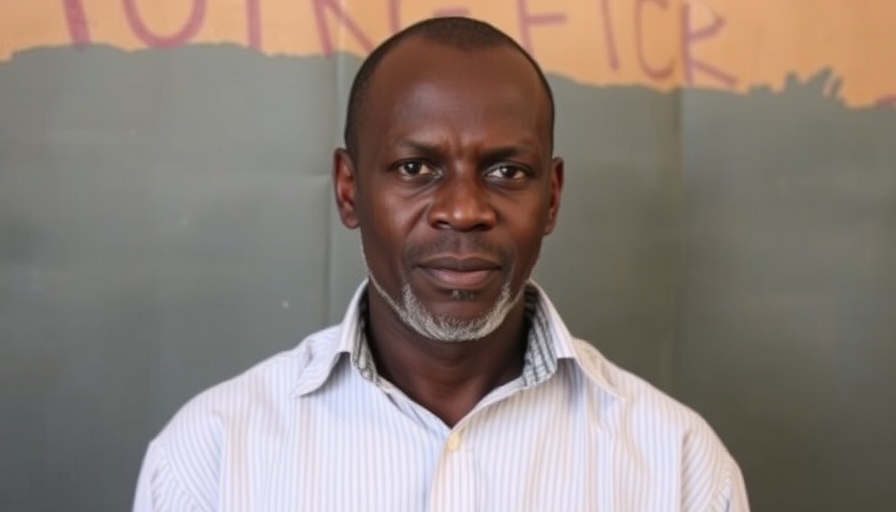
The Silent Struggle of Sudan's Journalists Amidst War
In a land where the echoes of gunfire overshadow the critical voice of journalism, Sudanese journalists find themselves embroiled in a grim reality defined by violence and oppression. As conflict erupts between the Sudanese Armed Forces (SAF) and the Rapid Support Forces (RSF), the media landscape suffers severe deterioration. With at least 150,000 deaths and millions displaced since April 2023, the humanitarian crises unfold against the backdrop of egregious violations against journalists. They are not only covering the war; they are caught within it, grappling with the stark choice between survival and silence.
Histories Intertwined: The Context of Current Conflicts
This war has historical roots, with Sudan experiencing over 35 coups since its independence. The current strife stems from disagreements over military oversight and a tumultuous integration process for the RSF into the national army. As a result, the media finds itself increasingly targeted, subjected to a culture of fear where reporting has become perilous. Reports reveal that 506 violations against journalists have been recorded since the war's onset, underscoring the severity of threats faced daily by those committed to telling the truth.
Voices in Exile: The Plight of Journalists Beyond Borders
For many journalists, escape from Sudan does not equate to safety. Some have fled to countries like Egypt and Uganda, facing discrimination and violence in exile. A journalist in Libya remarked on the struggle to retain a professional identity amidst economic hardship, saying, "The first thing you must forget here is that you are a journalist." Without a secure platform to share their stories, the very essence of their existence begins to fade, reinforcing the idea that forced removal from their homeland leads to a deeper silence.
Emotional Toll and Human Interest: The Personal Cost of Reporting
The mental health implications for journalists are enormous. Many, like Hassan Ahmed Berkia, recount being cut off from family and friends, enduring the heartbreaking reality of being displaced while striving to maintain a voice for those suffering in their homeland. Journalist Nader Shilkawi recalls being detained, losing both his journalistic assets and emotional stability amid the chaos. These stories, though personal, represent a broader narrative of resilience against systemic violence.
The International Call for Action: Lifting the Veil of Silence
The urgency for international intervention is underscored by entities like the Committee to Protect Journalists and Amnesty International, which have sounded alarms over these human rights violations. It is crucial not only to protect those who report the news but to ensure that their narratives reach a global audience. The responsibility falls upon governments, media organizations, and individuals worldwide to demand immediate protection for journalists and facilitate safe passage, ensuring they are not left to suffer alone.
As the world turns its gaze toward Sudan, it is essential to recognize the journalists caught in a cycle of violence and silence. Their work transcends individual reports; their stories are a lifeline amidst chaos, proving that even in darkness, the truth can illuminate paths toward accountability and peace.
 Add Row
Add Row  Add
Add 


Write A Comment